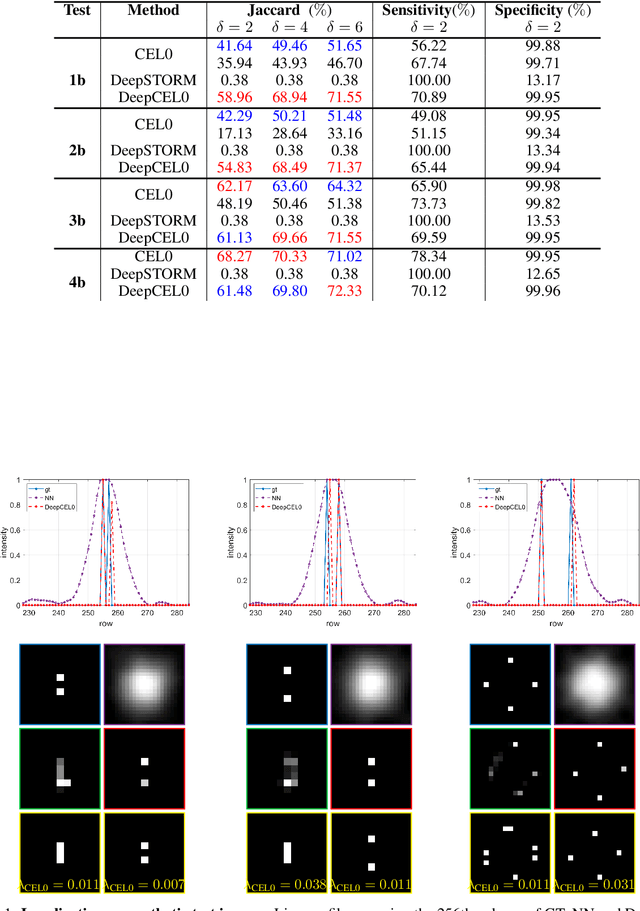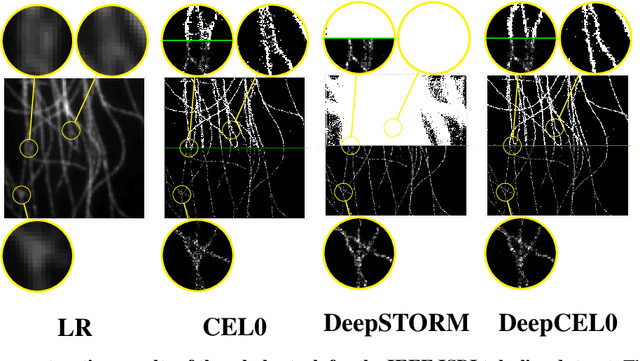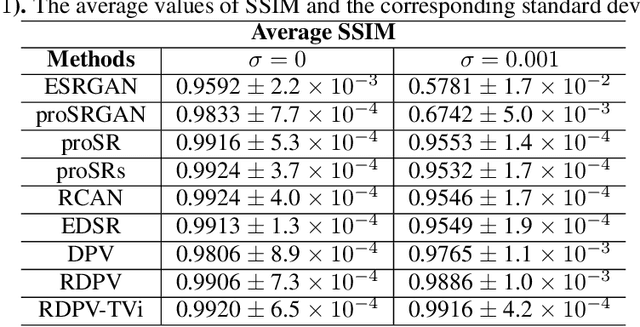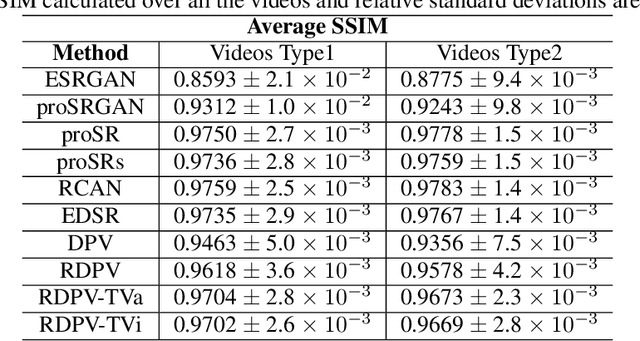Eugenio Martinelli
Automatic Monitoring of Fruit Ripening Rooms by UHF RFID Sensor Network and Machine Learning
Apr 26, 2022



Abstract:Accelerated ripening through the exposure of fruits to controlled environmental conditions and gases is nowadays one of the most assessed food technologies, especially for climacteric and exotic products. However, a fine granularity control of the process and consequently of the quality of the goods is still missing, so the management of the ripening rooms is mainly based on qualitative estimations only. Following the modern paradigms of Industry 4.0, this contribution proposes a non-destructive RFID-based system for the automatic evaluation of the live ripening of avocados. The system, coupled with a properly trained automatic classification algorithm based on Support Vector Machines (SVMs), can discriminate the stage of ripening with an accuracy greater than 85%.
DeepCEL0 for 2D Single Molecule Localization in Fluorescence Microscopy
Jul 05, 2021



Abstract:In fluorescence microscopy, Single Molecule Localization Microscopy (SMLM) techniques aim at localizing with high precision high density fluorescent molecules by stochastically activating and imaging small subsets of blinking emitters. Super Resolution (SR) plays an important role in this field since it allows to go beyond the intrinsic light diffraction limit. In this work, we propose a deep learning-based algorithm for precise molecule localization of high density frames acquired by SMLM techniques whose $\ell_{2}$-based loss function is regularized by positivity and $\ell_{0}$-based constraints. The $\ell_{0}$ is relaxed through its Continuous Exact $\ell_{0}$ (CEL0) counterpart. The arising approach, named DeepCEL0, is parameter-free, more flexible, faster and provides more precise molecule localization maps if compared to the other state-of-the-art methods. We validate our approach on both simulated and real fluorescence microscopy data.
Recursive Deep Prior Video: a Super Resolution algorithm for Time-Lapse Microscopy of organ-on-chip experiments
Nov 19, 2020



Abstract:Biological experiments based on organ-on-chips (OOCs) exploit light Time-Lapse Microscopy (TLM) for a direct observation of cell movement that is an observable signature of underlying biological processes. A high spatial resolution is essential to capture cell dynamics and interactions from recorded experiments by TLM. Unfortunately, due to physical and cost limitations, acquiring high resolution videos is not always possible. To overcome the problem, we present here a new deep learning-based algorithm that extends the well known Deep Image Prior (DIP) to TLM Video Super Resolution (SR) without requiring any training. The proposed Recursive Deep Prior Video (RDPV) method introduces some novelties. The weights of the DIP network architecture are initialized for each of the frames according to a new recursive updating rule combined with an efficient early stopping criterion. Moreover, the DIP loss function is penalized by two different Total Variation (TV) based terms. The method has been validated on synthetic, i.e., artificially generated, as well as real videos from OOC experiments related to tumor-immune interaction. Achieved results are compared with several state-of-the-art trained deep learning SR algorithms showing outstanding performances.
 Add to Chrome
Add to Chrome Add to Firefox
Add to Firefox Add to Edge
Add to Edge